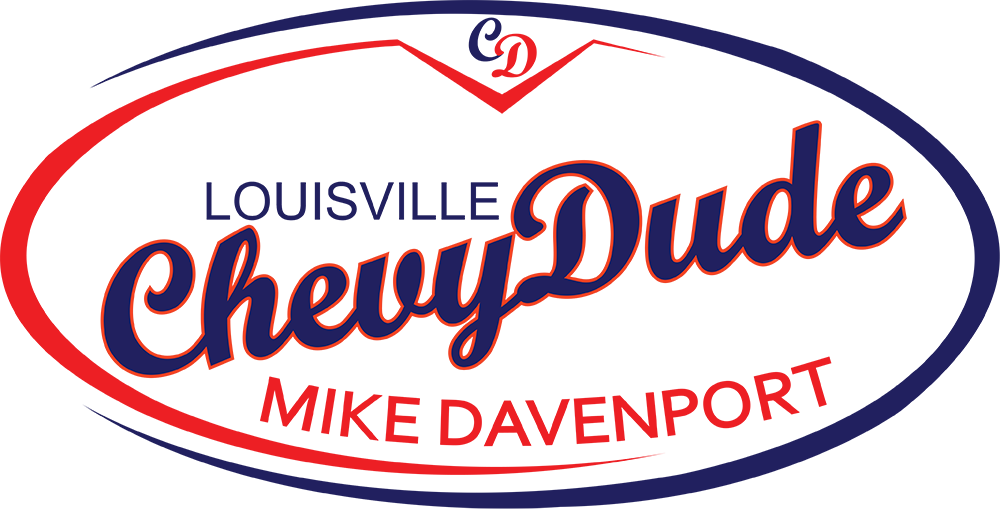Many consumers dread buying a car, especially a used car. Here are some typical questions you might have.
Is the car in good mechanical condition?
- Have the automobile inspected by a mechanic of your choice before buying it or signing any documents?
- You can request information about the previous consumer owner of a used car if the information is reasonably available. If the dealer tells you the information is not available, you might consider looking at another car. If you do obtain the information, call the previous owner and ask about maintenance and any previous problems.
What rights do I have if there is a problem after I buy the car?
- Check the FTC Buyer’s Guide which is required to be conspicuously posted. It will tell you whether the automobile is being sold “As Is”. If there is a warranty, it will spell out specific details of the warranty. See below for more information.
- In some cases, there may be a manufacturers warranty still on the automobile (or a portion of it). Manufacturers will not honor the warranty, however, if they have reason to believe the odometer has been rolled back or the problem is due to a previous accident.
- If you can prove very specific misrepresentations, you may have a claim for fraud or a private claim under KRS 367.220 for violation of the Consumer Protection Act. You might be able to revoke acceptance under the Uniform Commercial Code (KRS Chapter 355). You will need to consult a private attorney on these matters, however, as the Attorney General cannot represent individuals.
- There is NO statutory right to cancel the sale, even if done immediately. Likewise, there is NO used car lemon law.
- You can file a complaint with this office and with the Kentucky Motor Vehicle Commission in Frankfort. Neither agency, however, can represent you individually nor give you rights that you do not already have (e.g., buying a car “As Is” really means no warranties of any kind).
What is a “program car?”
- By regulation of the Motor Vehicle Commission, a “program car” can be any one of a number of types of cars including a demonstrator, a previously leased vehicle, or even an automobile repurchased from someone else as a new car “lemon”.
What rules govern used car sales?
If you are buying a used car, the Federal Trade Commission’s used car rule may help you. The rule requires all used car dealers to place a large sticker – “Buyers Guide,” in a conspicuous place in each used vehicle they offer for sale. The Buyers Guide will state:
- whether the vehicle comes with a warranty and, if so, what specific warranty protection the dealer will provide;
- whether the vehicle comes with no warranty (“as is”);
- that you should ask to have the car inspected by your own mechanic before you buy;
- that you should get all promises in writing; and
- what some of the major problems are that may occur in any car.
Whenever you purchase a used car from a dealer, you should receive the original or an identical copy of the Buyers Guide that appeared in the vehicle you bought. The Guide must reflect any changes in warranty coverage that you may have negotiated with the dealer. It also becomes a part of your sales contract and overrides any contrary provisions that my be in that contract.
Dealers are required to post the Buyers Guide on all used vehicles, including used automobiles, light-duty vans, and light-duty trucks. A “used vehicle” is one that has been driven more than the distance necessary to deliver a new car to the dealership or to test drive it. Therefore, “demonstrator” cars are covered by the rule. Motorcycles are excluded.
Is a used car covered by warranty?
A major portion of the Buyers Guide gives you the new and important information you can use when you select a used car. In the past, lack of information and misunderstanding about warranties frequently were a source of consumer problems. The following sections explain the warranty portion of the Buyers Guide:
“As is”
If a car is sold “as is,” this means that if you have problems with the car after you buy it, you must pay for any needed repairs yourself. The dealer has no further responsibility for the car once the sale is complete and you drive off the lot.
If the dealer offers a vehicle for sale “as is,” without any warranties, the box provided next to the “As Is” disclosure will be checked.
Warranties
If a dealer offers a warranty on a used vehicle, he or she must fill in the warranty portion of the Buyers Guide. Examine the warranty carefully before you buy to see what is covered and what is not. The warranty that the dealer offers may give you some idea of what the dealer thinks about the condition of the vehicle.
If the dealer makes any promises to repair the vehicle that is not listed on the Buyers Guide, ask that those promises be added to the contract. The sales contract also must include other specific information about your warranty.
Look for the following information on the Buyers Guide:
- See if the warranty offered is “full” or “limited.” A “full” warranty provides the following terms and conditions:
- Warranty service will be provided to anyone who owns the vehicle during the warranty period when a problem is reported.
- Warranty service will be provided free of charge, including such costs as returning the vehicle or removing and reinstalling a system covered by the warranty, when necessary.
- At your choice, the dealer will provide either a replacement or a full refund if the dealer is unable, after a reasonable number of tries, to repair the vehicle or a system covered by the warranty.
- Warranty service is provided without requiring that you return a warranty registration card.
If anyone of the above statements is not true, then the warranty is “limited.” A “full” or “limited” warranty need not cover the entire vehicle. The dealer may specify only certain systems for coverage under a warranty. By giving a “limited” warranty, the dealer is telling you that there are some costs or responsibilities that the dealer will not assume for systems covered by the warranty.
2. Check the percentage of the repair cost that the dealer will pay. For example, “the dealer will pay 100% of the labor and 100% of the parts…”
3. Check which specific systems are covered. The exact systems covered (such as frame and body, brake system, etc.) must be listed. A list of descriptive names of the major systems of an automobile is printed on the back of the Buyers Guide.
4. Check the duration of the warranty for each covered system. For example, “30 days or 1000 miles, whichever occurs first.”
Unexpired Manufacturers’ Warranties
If the used vehicle is still covered under the terms of the manufacturer’s original warranty, the dealer may add the following paragraph in the space below the warranty disclosure.
MANUFACTURER’S WARRANTY STILL APPLIES. The manufacturer’s original warranty has not expired on the vehicle. Consult the manufacturer’s warranty booklet for details as to warranty coverage, service location, etc.
This does not necessarily mean that dealers also offer their own warranty in addition to the manufacturers. If you have any questions about warranty coverage, ask the dealer to let you examine any unexpired warranty on the vehicle.
Other Parts of the Buyers Guide
There are other important sections of the Buyers Guide. These sections are explained below.
Spoken Promises
A statement appears on the Buyers Guide that warns consumers not to rely on spoken promises. Oral promises are difficult, if not impossible, to enforce. Have the dealership put any promises in writing, or do not count on the promise.
This statement also reminds you to keep the Buyers Guide after purchasing the vehicle. The Buyers Guide will serve as proof of written promises.
Service Contracts
When you buy a car, you may be offered a service contract. Although often called “extended warranties,” service contracts are not warranties. Warranties are included in the price of the product. Service contracts come separately from the vehicle, at an extra cost. To decide whether you need a service contract, you should consider several factors: whether the warranty already covers the repairs that you would get under the service contract; whether the vehicle is likely to need repairs and their potential costs; how long the service contract is in effect; and the reputation of the dealer offering the service contract.
Pre-Purchase Independent Inspection
The Buyers Guide also includes a suggestion that you ask the dealer whether you may have the vehicle inspected by your own mechanic either on or off the premises. An independent inspection lets you find out about the mechanical condition of the vehicle before you buy it.
Some dealers will permit you to take the car to an independent mechanic. Others may have good reasons for denying this request.
With the dealer’s permission, you can bring an independent mechanic to the used car lot. If you do not already have a mechanic you rely on, ask someone who knows about cars for the names of competent, reputable mechanics. You also can find mechanics through advertisements, car repair establishments, automobile associations, and auto diagnostic centers in your community.
Vehicle Systems
The Buyers Guide includes a list of the 14 major systems of an automobile and some of the major problems that may occur in these systems. You may find this list helpful to evaluate the mechanical condition of the vehicle. The list also may be useful when comparing warranties offered on different cars or by different dealers.
Dealer Identification and Consumer Complaint Information
On the back of the Buyers Guide, you will find the name and address of the dealership. In the space below that, you will find the name and telephone number of the person at the dealership who should be contacted if any complaints arise after the sale.
What about buying from a private seller?
If you buy a used car from a private individual, the sale is not covered by the rule. Private sellers do not have to use the Buyers Guide. In most private sales, the car is sold “as is.” Without a written contract with specific repair provisions, a private seller has no further responsibility for the car. Of course, if you have a written contract, the seller must live up to the promises stated in the contract. Depending on its age, the car may be covered by a manufacturer’s warranty or service contract. Ask the seller to let you examine any unexpired warranty or service contract on the vehicle.
Even without the Buyers Guide, when you buy a used vehicle from a private party, you can follow the suggestion outlined above. For example, refer to the list of potential problems displayed on the Buyers Guide. In addition, ask the seller whether you may have the vehicle inspected by your own mechanic.


